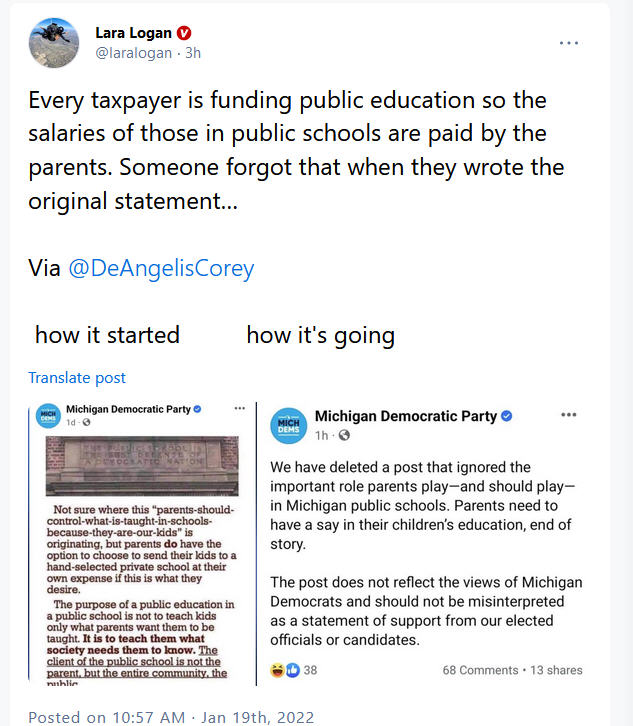Author: R. Alan Harrop, Ph.D
School choice has become an increasingly important issue as parents observe the overall unacceptable academic performance of public schools and the exposure of their children to socialist indoctrination inconsistent with their values. School choice includes public, charter, private, and homeschools. Most clear thinking people applaud school choice and recognize that competition in any endeavor leads to improved performance. It is also important to recognize that parents, like the rest of us, pay the taxes that support public schools that have been a monopoly.
In 2023, the General Assembly expanded the existing Opportunity Scholarship Program that allows parents to apply for funds to support attending private schools. This revision expanded the income eligibility requirement by raising the income limit. That is the good news. The bad news is that they did not include homeschools in the Opportunity Scholarship Program. Having homeschooled my youngest daughter, I am fully aware of the significant personal and financial sacrifice that parents make when homeschooling their children. The General Assembly needs to correct this error by making parents of homeschoolers eligible for this scholarship program. In truth, the solution is simple: the money should follow the student.
It is my understanding that some homeschooling parents are reluctant to accept government taxpayer’s money for fear that the government will impose restrictions and regulations on how they conduct their homeschools. This is a valid concern since that government almost always tries to exert control anytime they issue funds. However, we should not throw out the baby with the bath water. The law adding homeschools to the Opportunity Scholarship Program must be written in a way that preserves the independence of the homeschools In addition, homeschooling parents should always have the right to decline to accept a scholarship.
One final concern is the whole idea of an income limit that is part of the Opportunity Scholarship Program. When I was a senior in high school, I was awarded a N.Y. state four year college scholarship. It was awarded, not on the basis of my parent’s income, but rather based on the results of a standardized test. That was an example of meritocracy, where the scholarship was awarded based on achievement. We have come a long way in the wrong direction. The idea of awarding scholarship funds based on income is the Marxist idea of taking from the higher income people and giving to the lower income people. I truly wish that our conservative Republican legislators would see this for what it is and do away with the lower income requirement. The country would be much better off. We need to stop the slide towards Marxism before it is too late.

